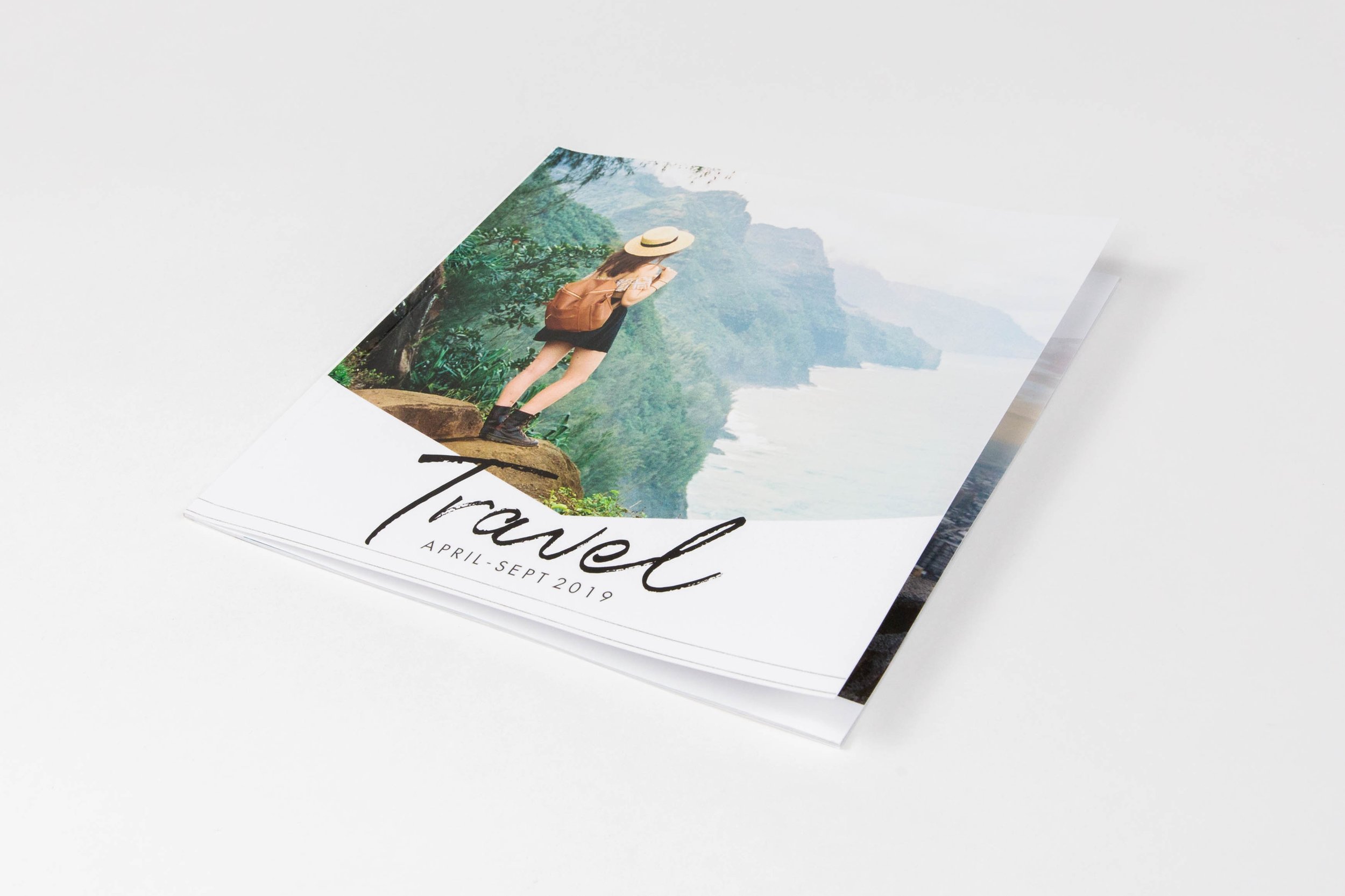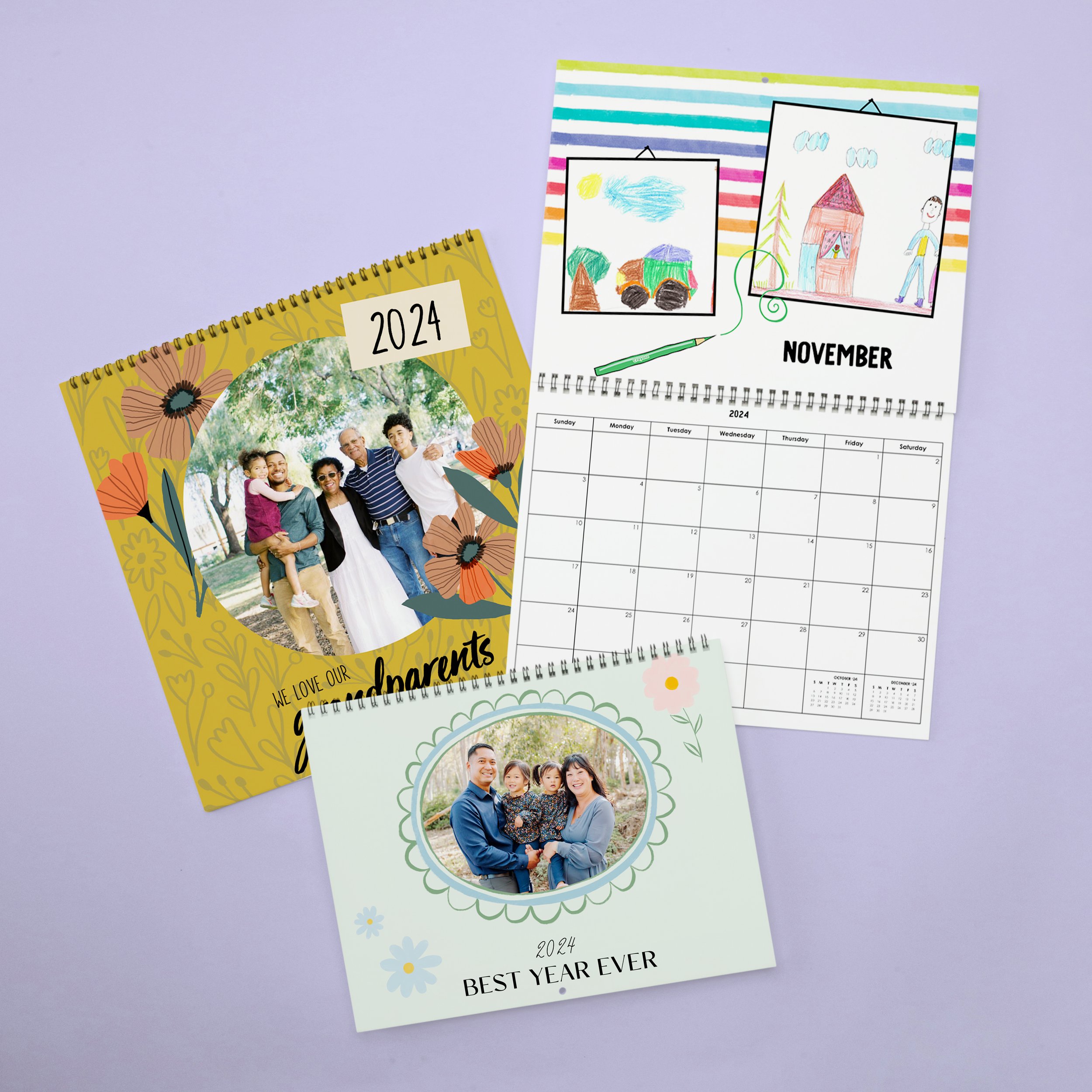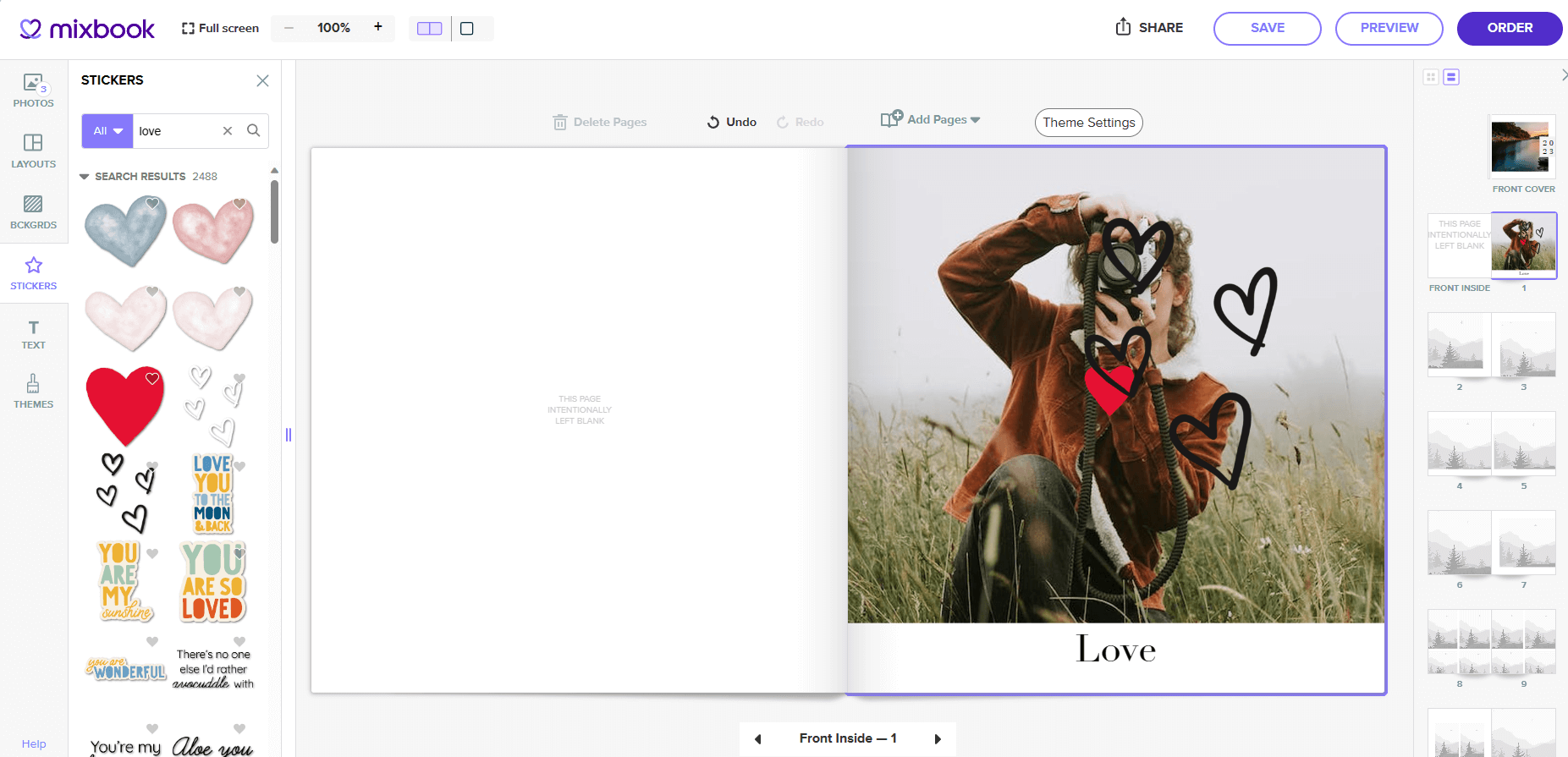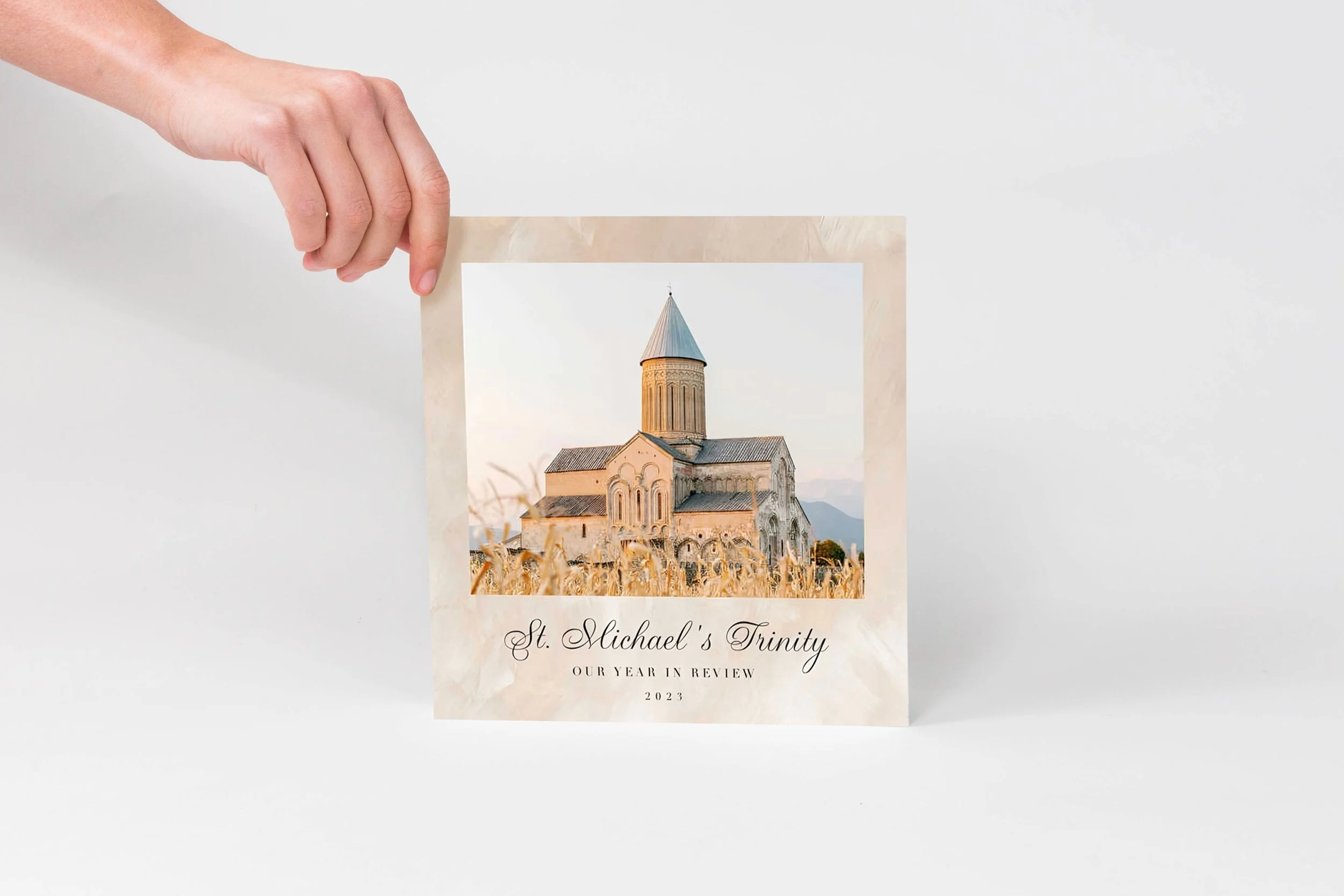The Art of Photo Books: A Guide for Photographers
As a professional photographer, creating photo books for photographers offers a powerful medium to exhibit your work. Whether it’s to display a collection to prospective clients, document a specific project, or publish your photographic journey, this guide from Mixbook will help you navigate the process.
The Essentials of a Photo Book for Photographers
As a photographer, you have higher standards to live up to than merely slapping photos on a page and calling it a photo book — It’s an art form, a visual narrative that resonates with the viewer.
Key elements in designing a photography book include a compelling theme, a well-structured layout, an efficient printing and production process, thoughtful enhancements, and effective ways to showcase and distribute your work.
Here are some key considerations when designing a photo book:
Purposeful selection: Each image in your photo book should be there for a reason. It’s not just about showcasing your best photos; it’s about choosing the ones that contribute to your book’s overall narrative or theme. A good photo book should have a sense of rhythm. Try to create a visual flow where each image leads to the next, creating an engaging experience for the viewer.
Meaningful organization: The way your photos are arranged should tell a story or convey an idea. Thoughtful organization enhances the viewer’s engagement and understanding of your work.
Designing with intent: Design elements, including layout, typography, and the use of whitespace, should complement your images and reinforce your theme. Professional design software can help you create a layout that balances aesthetics and functionality while providing plenty of tips for photo book layout.
Quality production: The printing and binding of your photo book should reflect your commitment to quality. This includes choosing a printing method that showcases your images at their best, selecting high-quality paper and cover materials, and ensuring immaculate production.
Enhancing Your Professional Photography Book
To enrich your photography book and captivate your audience, consider these enhancements:
Incorporating text: Captions provide basic image information. Stories and detailed descriptions add depth, conveying the backstory or context of your images.
Supplementary Materials: Maps, especially in travel-themed photo books, add geographical context and a sense of journey. They can visually link the locations of your photographs and create a more immersive experience for the viewer. Contact sheets offer a behind-the-scenes look, offering insight into your creative process and the evolution of your photographic journey.
Special features: Layflat pages allow images to stretch across two pages without losing parts to the center fold, ideal for panoramas or standout images. Slipcases add protection and a touch of elegance.
How to Showcase Photography in a Book: Making Your Photo Book Work for You
The way you showcase and distribute your photo book can significantly impact its success and the reach of your photography. It’s essential to tailor your strategy to your target audience and your professional goals. Here are some avenues to consider:
Galleries: If your work is fine art photography or aligns with a particular gallery’s aesthetic, exhibiting your photo book in galleries can attract a discerning audience and create networking opportunities with other artists and curators.
Online platforms: Creating a digital version of your photo book and showcasing it on your personal website or professional platforms like Behance can help you reach a global audience. These platforms are often frequented by potential clients, fellow photographers, and creative professionals, which can lead to collaborations or work opportunities.
Social media: Social media platforms can be effective tools for promoting your photo book. Regular posts featuring selected images from your book, behind-the-scenes content, or production progress can create anticipation and engage your followers.
Frequently Asked Questions
Can I use my own design software, or should I use a specific platform?
Yes, you can absolutely use your own design software if you feel comfortable doing so. Software like Adobe InDesign or Affinity Publisher offer great flexibility and advanced features for designing layouts. You can then export your design to a PDF or other suitable format to send to the printer. Of course, there are some drawbacks to this method, including the need to find a printer willing to complete one-off or short jobs, and you'll have to handle the graphic design yourself or pay someone to do it for you.
However, photo book printing services like Mixbook offer online platforms that simplify the design process. These platforms provide pre-designed templates and user-friendly tools to arrange your photos and add text or other elements. They also handle the technical aspects of preparing your file for printing.
What factors should I consider when selecting a printing service?
As a professional photographer, key factors to consider when selecting a printing service for your photo book include:
Print quality: Ensure the service reproduces your photos accurately and to a high standard. Request sample prints if possible.
Material options: Choose a service offering a variety of paper types, finishes, and cover options.
Customization flexibility: Opt for a service allowing for design customization if you prefer full creative control.
Turnaround time: Consider the service’s delivery speed, particularly if you’re on a deadline.
Cost: Balance the cost with the quality of service. Keep in mind that quality prints are an investment in showcasing your work.
Looking for some inspiration for your next professional photo book?
Become a Mixbooker Today
Take your professional photography to new heights with Mixbook’s suite of easy-to-use features and tools. Embrace the power of storytelling through your images and join our community. Become a Mixbooker today, and start bringing your photography to life in a uniquely captivating way.








